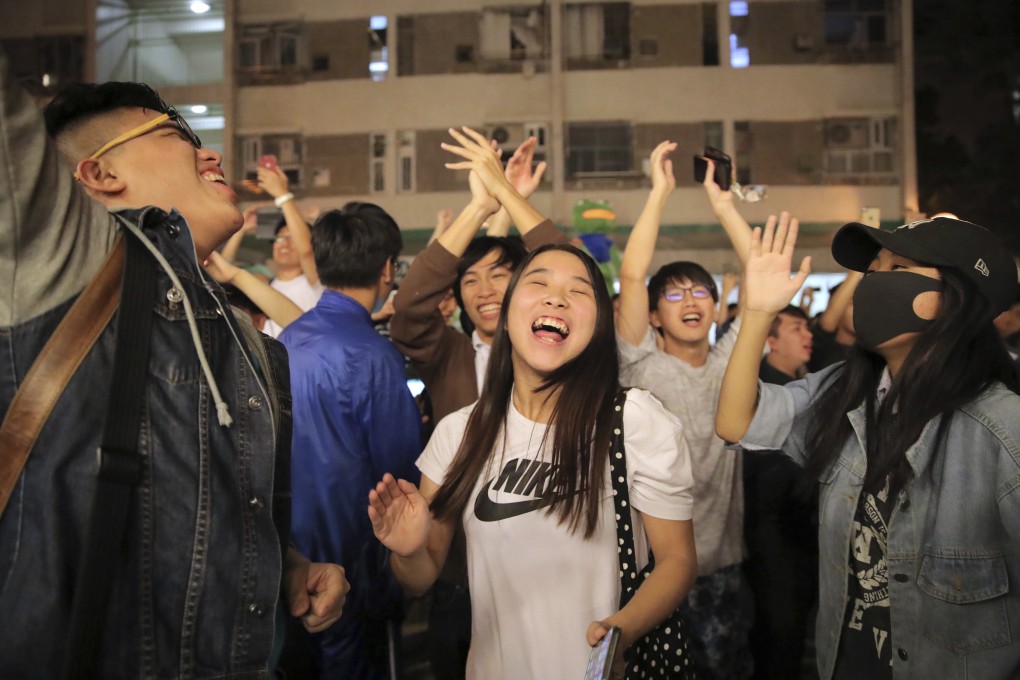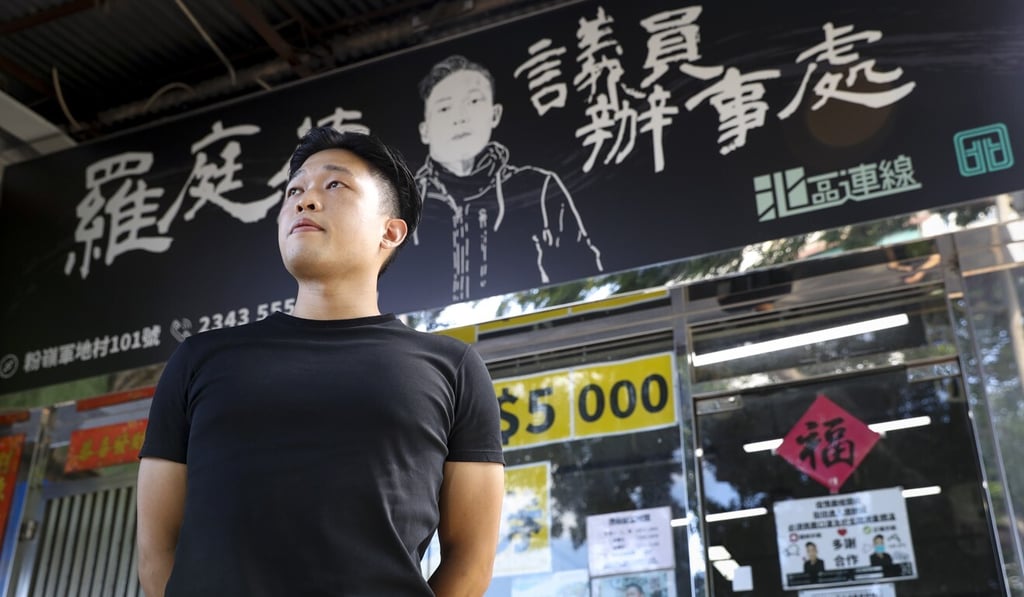Uncertainty ahead for Hong Kong district councils as arrests, mass resignations deplete opposition ranks
- Residents step up to do more in some areas, as district council power balance is overturned
- Pro-establishment candidates who lost in 2019 seize opportunity to reclaim district influence

Jasper Law Ting-tak has just been through the toughest week in his 1½ years as the youngest chairman of a Hong Kong district council.
The 25-year-old localist politician has taken on the work of eight opposition councillors who are either behind bars or recently resigned.
Who are the arrested figures of Hong Kong’s opposition camp?
His North district council allies who quit left him to deal with issues ranging from dozens of family conflict cases to sewage treatment works to policy proposals, just to name a few.
“I respect their tough decision. What I can do for them is to follow up on their matters of concern until I am unseated,” Law said.
Fear escalated among opposition district councillors this week, with news that the authorities were considering a hardline approach to unseat nearly 150 of them, including those who posted slogans on their office walls connected to the 2019 anti-government protests.

Next came unverified reports citing officials, that every disqualified councillor would be made to repay remuneration of up to HK$2 million. That pushed at least 100 councillors to resign in three days from Wednesday, with some fearing bankruptcy.